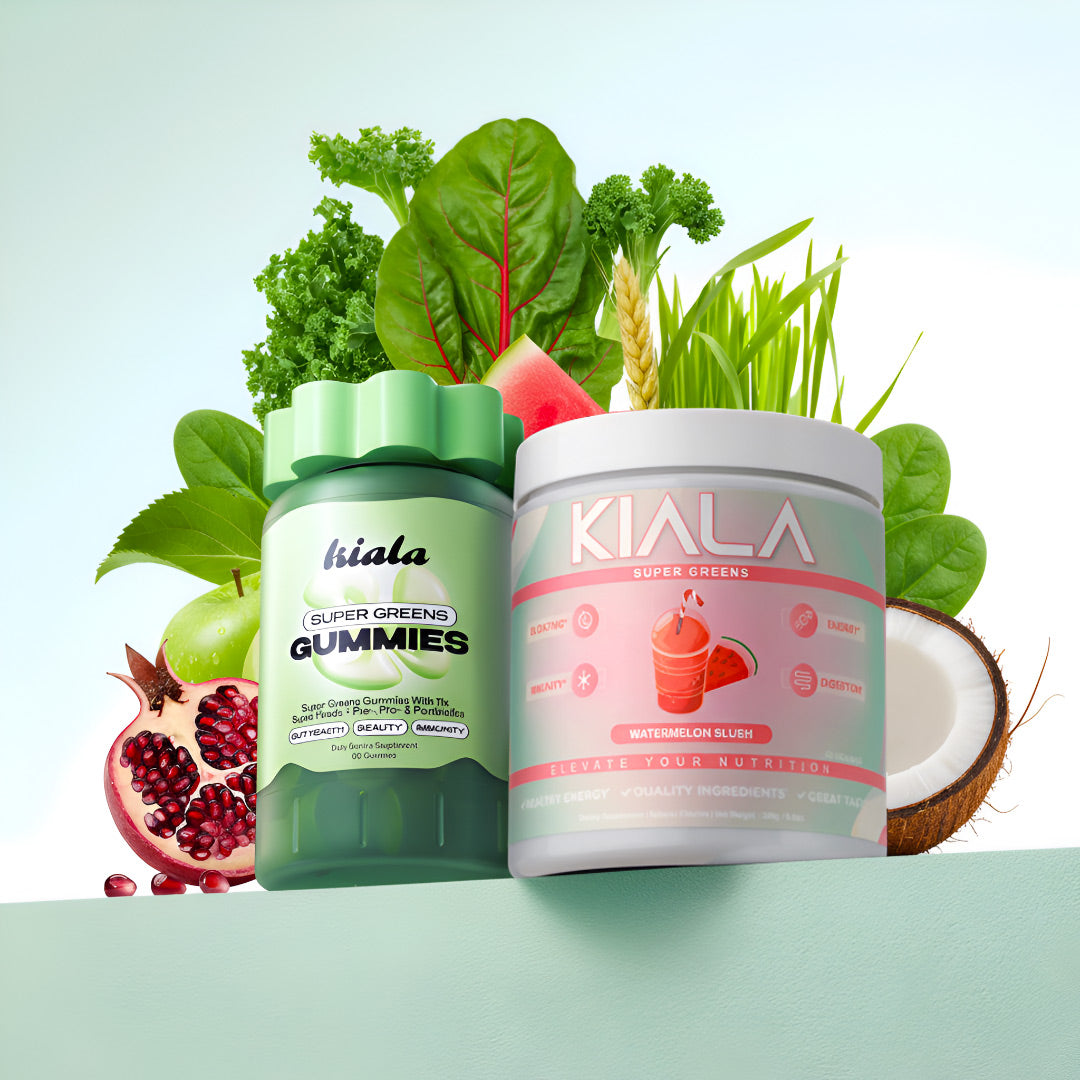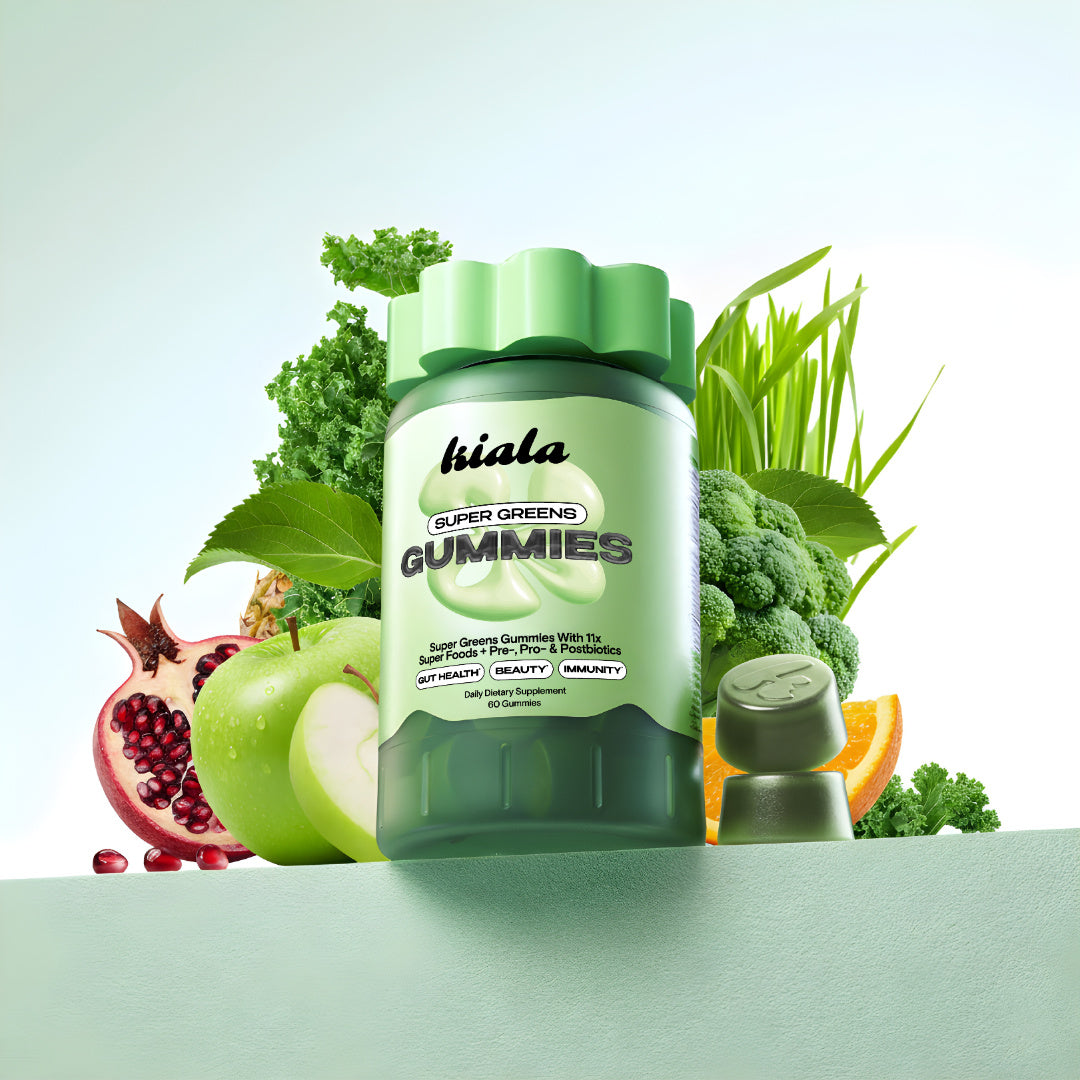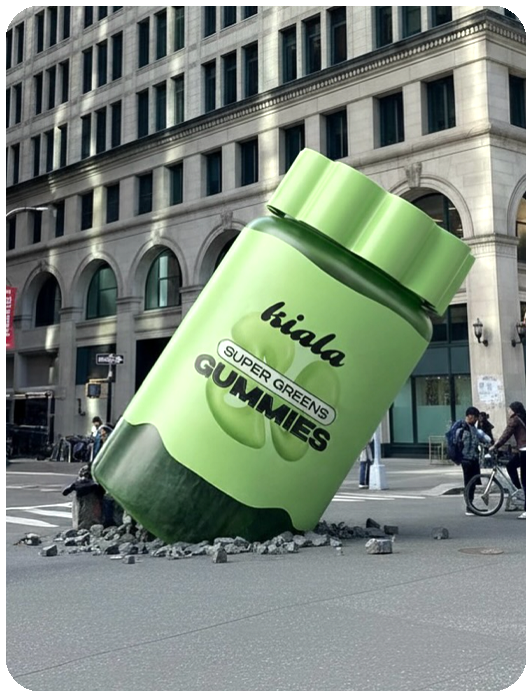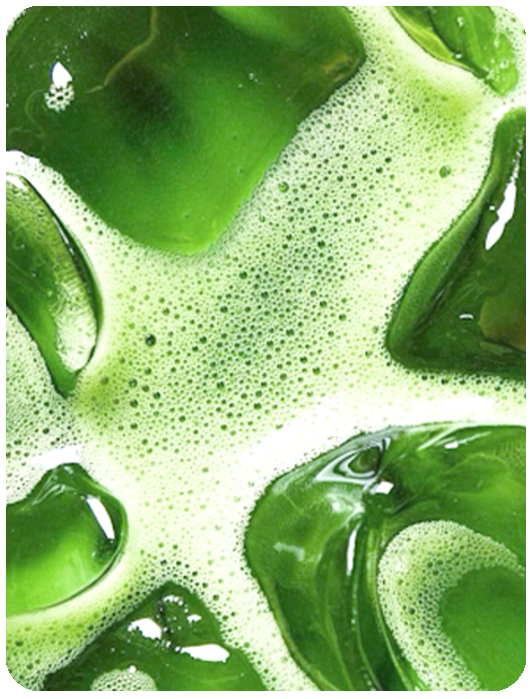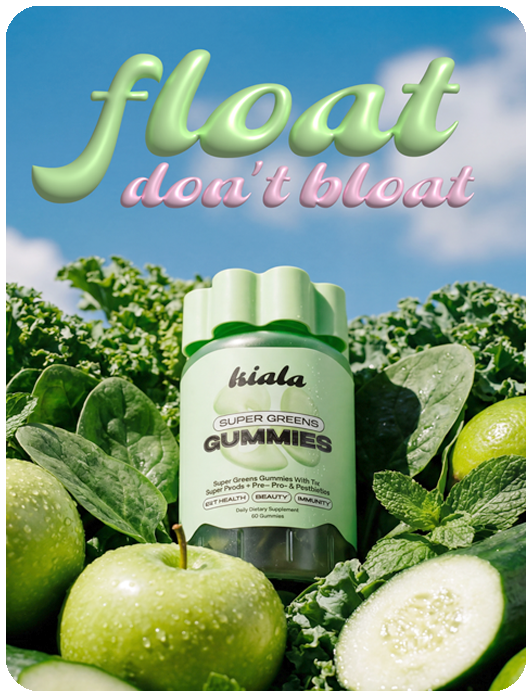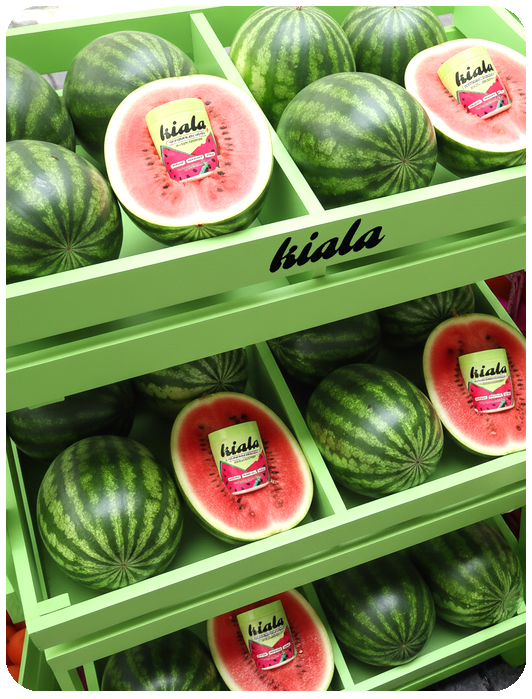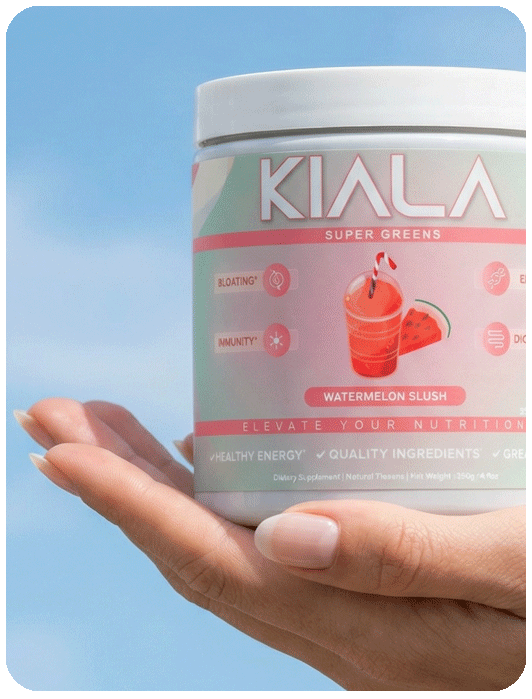I Stopped Eating Salads for 30 Days and My Bloating Disappeared
This is going to be controversial, but hear me out: salads might not be the health heroes we've been told they are. For years, I dutifully ate my daily salad, convinced I was doing my body a favor. Meanwhile, I spent every afternoon looking six months pregnant and feeling like I'd swallowed a balloon.
Then I did something radical—I stopped eating salads for 30 days. The results shocked me, and they might shock you too.
The Salad Mythology
We've been conditioned to believe that raw vegetables are the pinnacle of healthy eating. Salads are Instagram-worthy, virtuous, and make us feel like we're adulting properly. But what if this wellness gospel is actually working against our digestive systems?
Dr. Steven Gundry, cardiothoracic surgeon and nutrition researcher, explains: "Raw vegetables require significant digestive energy and can be inflammatory for sensitive individuals. The idea that raw is always better is a modern myth not supported by traditional food preparation methods."
The Raw Reality Check
Digestive Workload: Raw vegetables, especially fibrous ones like kale, spinach, and cruciferous vegetables, require enormous digestive effort. Your stomach has to work overtime to break down tough cellulose walls that cooking would naturally soften.
The Enzyme Challenge: Many people lack sufficient digestive enzymes to properly break down large amounts of raw fiber. This leads to fermentation in the gut, producing gas, bloating, and discomfort.
The Anti-Nutrient Problem: Raw vegetables contain compounds like oxalates, lectins, and goitrogens that can interfere with nutrient absorption and cause digestive irritation in sensitive individuals.
My 30-Day Experiment
Week 1: The Withdrawal I'll admit, not eating salads felt wrong initially. I'd been brainwashed to believe that skipping raw vegetables meant I was being unhealthy. The social pressure was real—explaining to colleagues why I wasn't ordering the Caesar salad required some confidence.
Week 2: The Revelation By day 10, something remarkable happened: my 3 PM bloating ritual disappeared. No more unbuttoning my jeans after lunch. No more looking like I was smuggling produce under my shirt.
Week 3: The Energy Shift Without spending enormous energy digesting tough raw fibers, I noticed sustained energy throughout the day. No more afternoon crashes that I'd attributed to needing more caffeine.
Week 4: The Confirmation By the end of the month, my digestive comfort was consistently better than it had been in years. This wasn't a placebo effect—this was my body finally getting a break from foods it couldn't handle efficiently.
The Science Behind Raw Vegetable Problems
Cellulose Structure: Human digestive systems aren't designed to efficiently break down large amounts of cellulose—the structural component of plant cell walls. Unlike ruminant animals, we lack the enzymes to properly digest raw plant matter.
FODMAP Overload: Many salad staples like onions, garlic, and certain vegetables are high in FODMAPs (fermentable oligosaccharides, disaccharides, monosaccharides, and polyols) that can trigger digestive distress.
Dr. Sue Shepherd, dietitian who developed the low-FODMAP diet, notes: "Many people suffering from digestive issues are actually reacting to poorly absorbed carbohydrates in otherwise healthy foods."
The Inflammation Factor: Raw vegetables can trigger inflammatory responses in people with compromised gut barriers or existing digestive sensitivity. What's supposed to be anti-inflammatory becomes pro-inflammatory.
The Alternative Approach
Stopping salads doesn't mean abandoning vegetable nutrition—it means getting smarter about delivery methods.
The Processing Advantage: This is where I discovered the power of processed supergreens. The gentle processing breaks down tough plant fibers while preserving—and often concentrating—nutritional content.
Bioavailability Benefits: Studies show that certain nutrients in vegetables become more bioavailable after processing. Lycopene in tomatoes, beta-carotene in carrots, and antioxidants in leafy greens are often better absorbed from processed forms than raw ones.
Digestive Efficiency: Supergreens containing spirulina, wheatgrass, and organic vegetables provide concentrated nutrition without the digestive workload of raw salads.
What I Replaced Salads With
Morning Supergreens: Instead of forcing my digestive system to work overtime at lunch, I started my day with comprehensive supergreens. The nutrients were absorbed efficiently without causing afternoon bloating.
Cooked Vegetables: When I did eat whole vegetables, I chose cooked versions that were easier to digest while still providing fiber and nutrients.
Anti-Inflammatory Support: I focused on ingredients like turmeric, green tea extract, and berry antioxidants that actively supported digestive comfort rather than challenging it.
The Nutrient Density Revelation
Concentration Factor: One serving of quality supergreens can provide the equivalent nutrition of multiple cups of raw vegetables, but in a form that's actually absorbable.
Synergistic Combinations: Comprehensive formulations combine nutrients in ways that enhance absorption—something random salad ingredients can't achieve.
Missing Nutrients: Salads often lack crucial nutrients like B-vitamins and certain minerals. Supergreens containing spirulina and wheatgrass provide these nutrients in bioavailable forms.
The Social Challenge
Dining Out Difficulties: Restaurants build their "healthy" options around salads, making social eating challenging when you're avoiding raw vegetables.
The Judgment Factor: People assume you're being unhealthy when you skip salads. I learned to explain that I was choosing more digestible forms of nutrition.
The Convenience Solution: Having a reliable morning nutrition routine with supergreens meant I didn't have to stress about getting vegetables at every meal.
The Individual Response
Bio-Individuality: Some people thrive on raw vegetables, while others suffer digestively. There's no universal "healthy" diet that works for everyone.
The Gradual Realization: Many people don't realize that their digestive issues are connected to raw vegetable consumption because salads are so universally promoted as healthy.
The Permission Factor: Giving myself permission to stop eating salads felt revolutionary. Sometimes the healthiest choice goes against conventional wisdom.
The Long-Term Benefits
Digestive Peace: Six months later, I still avoid raw salads and maintain digestive comfort. My gut health is better than it's been in years.
Energy Stability: Without the afternoon bloating and digestive distress, my energy remains stable throughout the day.
Nutritional Confidence: I know I'm getting comprehensive nutrition from easily digestible supergreens rather than gambling on whether my body can extract nutrients from raw vegetables.
The Quality Factor
Not All Processed Is Equal: Quality matters enormously when choosing alternatives to raw vegetables. Look for organic supergreens with diverse ingredients and no artificial additives.
Flavor Importance: With over 1 million women incorporating supergreens into their daily routines, it's clear that delicious options like Mixed Berry and Tropical Splash make the transition from salads easier.
The Convenience Advantage: Morning supergreens are faster and more convenient than preparing salads, while providing superior nutritional support.
The Bottom Line
Stopping salads was one of the best decisions I made for my digestive health. It challenged everything I thought I knew about healthy eating and taught me that "healthy" foods aren't healthy if your body can't handle them.
Your digestive comfort matters more than following arbitrary nutritional rules. If salads make you bloated and uncomfortable, you have permission to find alternatives that work better for your body.
Sometimes the most radical act is listening to your body instead of following wellness trends. Your gut knows what it needs—even if that goes against conventional dietary wisdom.
The goal isn't to eat the most virtuous foods according to someone else's definition. It's to nourish your body in ways that make you feel energized, comfortable, and confident.
Trust your digestive responses over dietary dogma. Your body's signals are more valuable than any nutrition guru's advice.
Sources:
-
Gundry, S. (2017). The Plant Paradox. Harper Wave.
-
Shepherd, S. J., & Gibson, P. R. (2006). Fructose malabsorption and symptoms of irritable bowel syndrome. Journal of Nutrition, 136(10), 2594-2599.
-
Dewanto, V., et al. (2002). Thermal processing enhances the nutritional value of tomatoes by increasing total antioxidant activity. Journal of Agricultural and Food Chemistry, 50(10), 3010-3014.
-
Barrett, J. S., & Gibson, P. R. (2012). Fermentable oligosaccharides, disaccharides, monosaccharides and polyols (FODMAPs) and nonallergic food intolerance. Clinical Gastroenterology and Hepatology, 10(3), 252-258.
Ready to discover digestive-friendly nutrition that works with your body, not against it? Find comprehensive supergreens that provide superior nutrition without the digestive drama. Sometimes the healthiest choice is the one that makes you feel best.
Read more

Nutrient Timing: Does When You Take Your Greens Actually Matter? You've mastered what to eat, but now you're spiraling down the rabbit hole of when to eat it. Should you take your supergreens on an...

Supplement Shaming is So 2023: Why Smart Women Don't Apologize for Optimization Picture this: You're at brunch, casually mentioning your morning routine includes a greens powder, and suddenly Karen...
